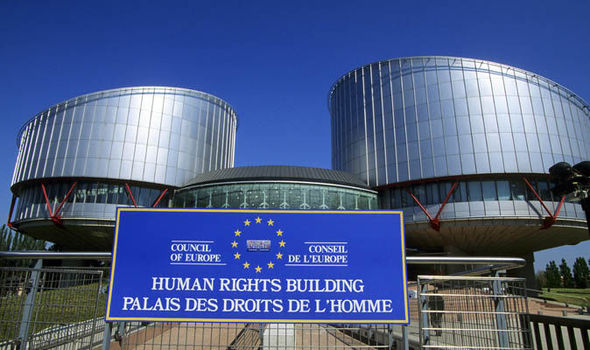
The Government has defended the presidential oath’s mention of God as those taking a court case against it are not victimised by it.
In submissions to the European Court of Human Rights seen by The Irish Times, the Government said the case taken by Social Democrats co-leader Róisín Shortall and four co-litigants should be dismissed because their rights to freedom of thought, conscience and religion were not breached.
Directly citing the European Convention on Human Rights, the Government also made the claim that the declarations were “necessary in a democratic society in the interests of public safety, for the protection of public order, health or morals, or for the protection of the rights and freedoms of others”.

The American Medical Association Board of Trustees has passed a resolution calling for an end to the designation of sex in all future birth certificates.
The resolution distinguishes between the “Certificate of Live Birth” — which is used for simple data collection and vital statistics — and a “Birth Certificate,” which is proof for the born person that he or she was indeed born.
The AMA wants biological sex recorded for the former as a private matter of record-keeping. But it will now urge that birth-certificate forms carry no designation of sex to prevent future discrimination based on identity and to allow the person to decide later what sex they really are.
The resolution says “Existing AMA policy recognizes that every individual has the right to determine their gender identity and sex designation on government documents. To protect individual privacy and to prevent discrimination, U.S. jurisdictions should remove sex designation on the birth certificate”.
The AMA is a professional association and lobbying group of doctors and medical students. Founded in 1847, it is the largest such association in the US with over 240,000 members and the only national one. Its mission is to promote the art and science of medicine and the betterment of public health.
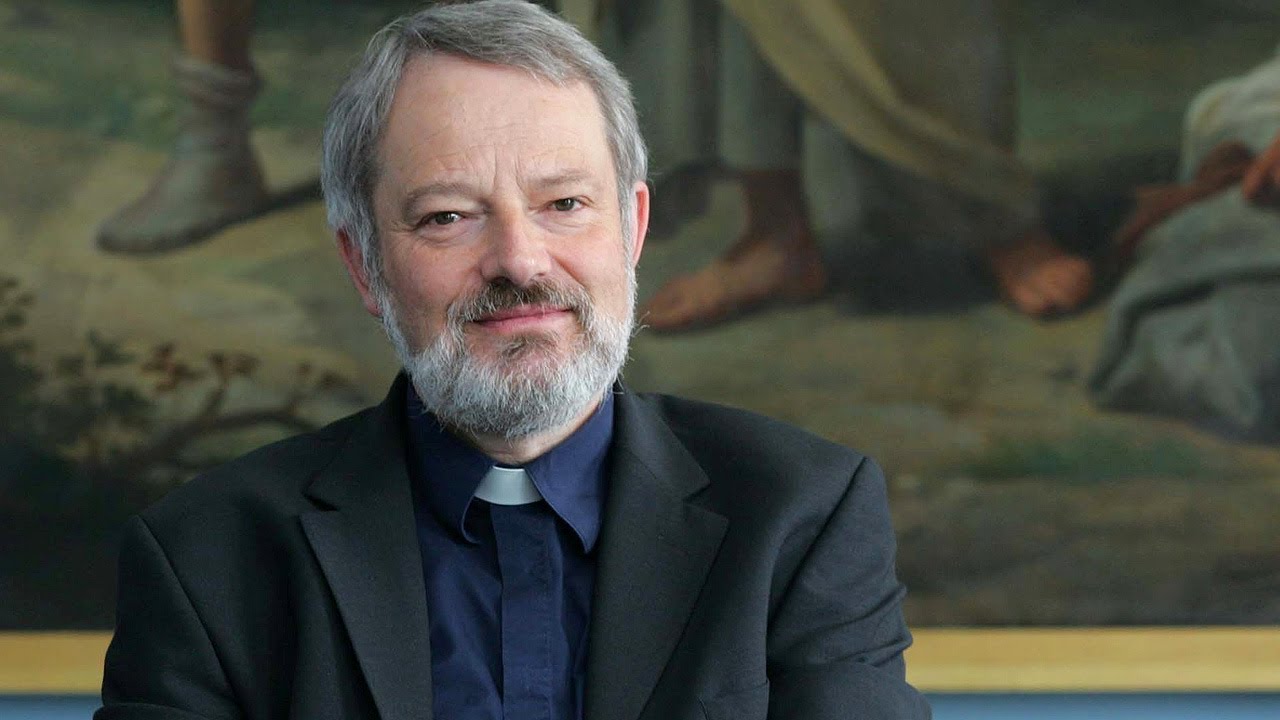
Writing in the Irish Independent, Bishop Kevin Doran said, “The mission of the Church cannot be put on hold indefinitely”.
Dublin parish priest, Fr Joe McDonald, has called on the rest of the country’s Catholic bishops to follow suit.
“We can no longer accept a fob-off from a Government who either don’t respect or don’t understand the problem of deferring liturgical life indefinitely,” he said.
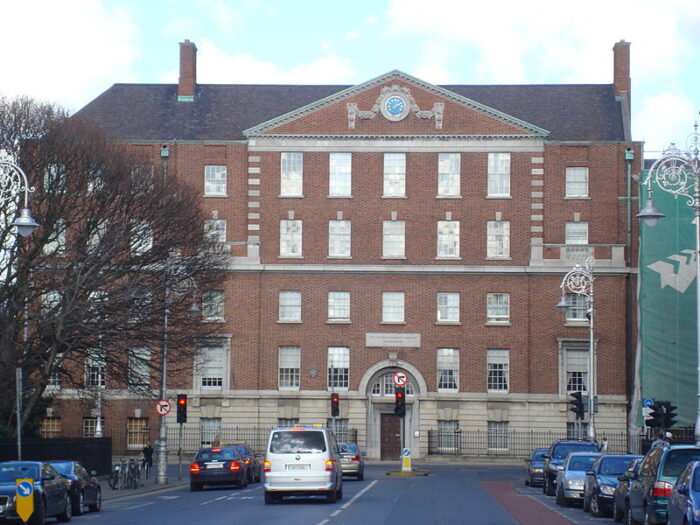
Concerns have been expressed, without any direct evidence, that the nuns will exert an influence on the proposed new maternity hospital in the future.
Pat McCann, who is also the founder of the Dalata hotel group, has arranged to meet James Menton, the chairman of St Vincent’s Hospital Group, this week “to make sure we’re all aligned on what we’re doing”.
McCann has said he will not ask for the site to be sold to the state because it is “irrelevant” who owns it.
The Bishop of Elphin, Kevin Doran, recently said the Sisters should sell the site to the State “at the market value”.
He suggested they use the proceeds of the sale “to support the care of women in crisis pregnancy”.
However, McCann believes that as long as the State owns the hospital building, the ownership of the land is not important. “Where you have a building on a campus like St Vincent’s, it’s very common in Ireland and the UK that there are common services such as egress and car parks. The easiest way to manage that is to have a ground lease,” he said.
“The thing to watch is if there are any restrictive covenants in that lease,” he said. “There is only one: that what goes on the site is the hospital. All [medical] procedures that are legally available in the state will be available there.”
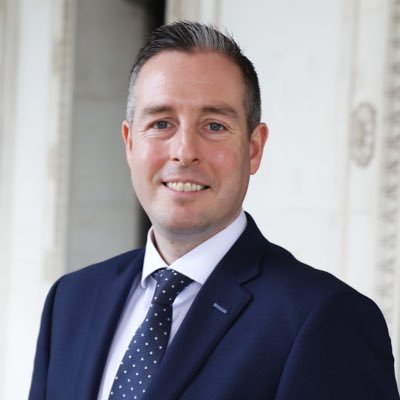
Northern Ireland’s First Minister has said he will block any move by Westminster to force Stormont to commission a radical abortion regime. The law is even more permissive than legislation in the rest of the UK.
Paul Givan said he has sought legal advice on how to “resist” an order by the Secretary of State Brandon Lewis directing that the procedure be made widely available by March. The order forces the implementation of legislation imposed on Northern Ireland by Westminster in 2019.
Mr Givan said he is assessing all his options, politically and legally.
“I spoke to the Secretary of State and I said to him he shouldn’t do this, that it was wrong for him to do it.
“We are taking legal advice now as to the implications of that legal action that he has taken and what our options legally are to resist that.
Mr Givan told BBC Northern Ireland that the order made by Mr Lewis had “profound constitutional ramifications”.
He said Mr Lewis “may have to take me to court” for obstructing the Westminster direction.
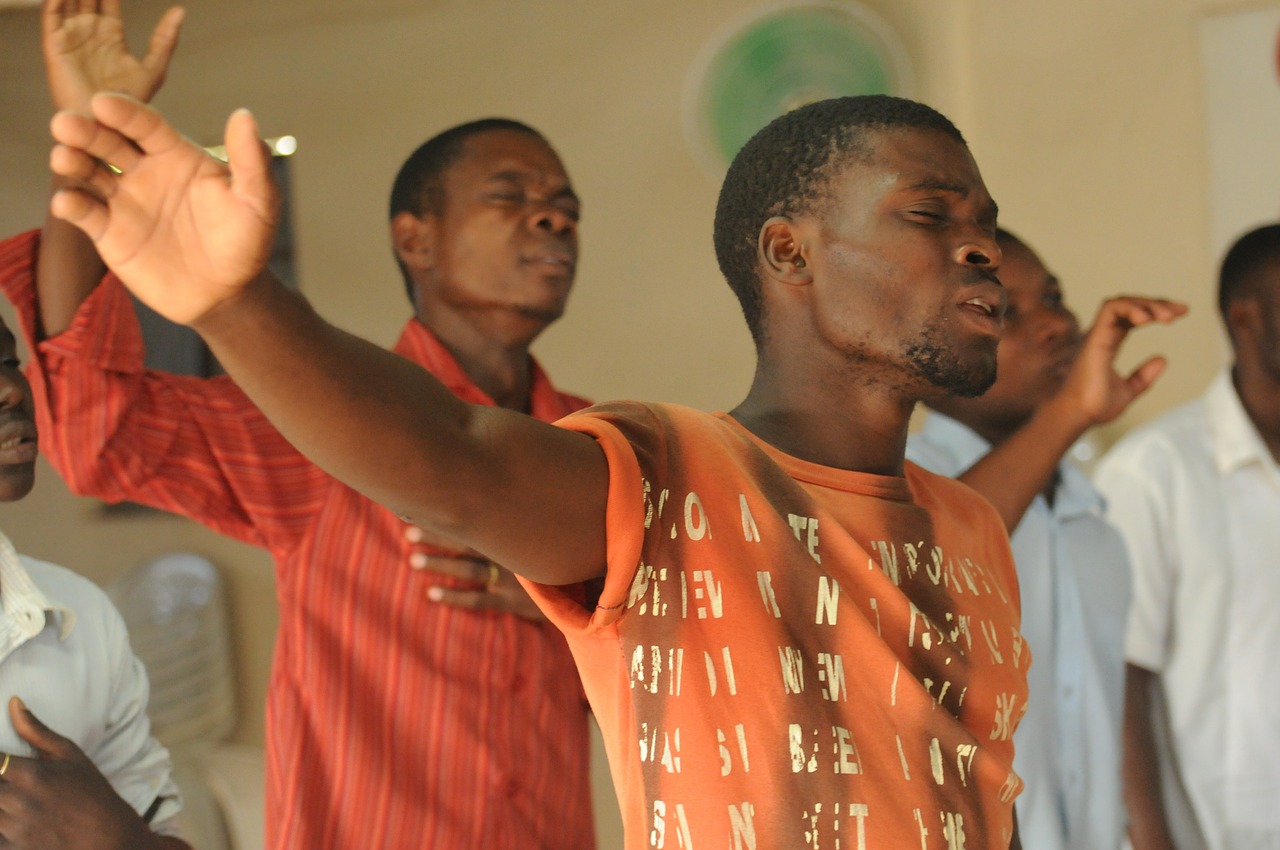
At least 3,462 Christians, including ten priests or pastors, were murdered in Nigeria in the first 200 days of 2021.
The number, just 68 deaths short to the estimated total for the whole of 2020, is aligned with the warnings from human rights organisations that focus on anti-Christian persecution regarding the rise of religious-motivated violence in Nigeria, and a nation where the Christian and Muslim populations are widely considered as more or less evenly split.
According to a recent report coming from Nigeria itself produced by the International Society for Civil Liberties and Rule of Law, the number of unarmed Christians who were murdered by members of the Islamic terrorist organization Boko Haram or other Jihadist groups between Jan. 1 to July 18, 2021, is barely lower to the one estimated by Open Door’s International for 2020.

Scotland’s biggest independent grant-making charity will be ordered to pay damages to its former chief executive after a tribunal ruled that he was discriminated against for opposing same-sex marriage.
Kenneth Ferguson, an elder and treasurer with the Free Church of Scotland, took legal action against the Robertson Trust, arguing he was unfairly dismissed because of his religious beliefs.
The charity gives away £20 million a year, distributing dividends from its controlling stake in Edrington, which owns the whisky brands Macallan and the Famous Grouse.
The employment tribunal heard that Shonaig Macpherson, the trust’s chairwoman, had been “incandescent” with anger to learn that one of its venues had been booked by the Stirling Free Church, which opposes abortion and same-sex weddings.
Macpherson, strongly denied that Ferguson’s dismissal had been motivated by her objection to his religious views.
However, the hearing concluded that her testimony was “not sufficiently reliable”.

Catholics and non-believers alike are looking forward to Pope Francis’ September 12-15 visit to Slovakia, the spokesman for the bishops’ conference told journalists, saying that, if given the chance, he’d ask the pontiff to focus on boosting locals in their faith.
The encouragement is particularly needed after the worst of the pandemic, Father Martin Kramara said, because churches closing their doors for three or four months during its peak brought “much disappointment,” with parishioners sharing with him their thankfulness at the efforts made to provide online Masses, but also the frustration at knowing it’s not the same to kneel at a church than in front of a screen. On the other hand, he said, many in Slovakia are still afraid of the virus, and have yet to return to Mass. Slovakia was one of the hardest hit countries in Europe by Covid-19.
Controversially, the government has announced that only those who have been fully vaccinated will be allowed to attend the papal events.

The Pro-Life Campaign has called on doctors to make their views known to the Medical Council as they review the profession’s statutory code of ethics.
The Council launched a public consultation as part of the review and the closing date for submissions is Wednesday 4th August 2021.
Dr Ruth Cullen of the PLC said, “it’s a really important opportunity for doctors and healthcare professionals to make their views known and to influence the ethical guidelines governing medical practitioners for the next five years.
“The amended Guide issued by the Medical Council in 2019 (after the new abortion law was introduced) greatly undermined freedom of conscience protections for doctors who don’t wish to participate in abortions in any way,” she said.
“It is critically important that the Medical Council receive the message loud and clear that changes are needed in this and other areas of the Guide.”

Applications for divorce reached their highest level ever last year, new data from the Courts Service reveals.
Some 5,266 applications were made, an increase of 29pc on 2019, and by far the highest annual figure since divorce was introduced in 1997.
Legal experts put the massive rise down to changes in the law which reduced the waiting time for divorce.
However, applications for judicial separation dropped by half to just over 600.
The Covid-19 effect could also be seen in data on domestic violence applications, which jumped by 12pc last year.